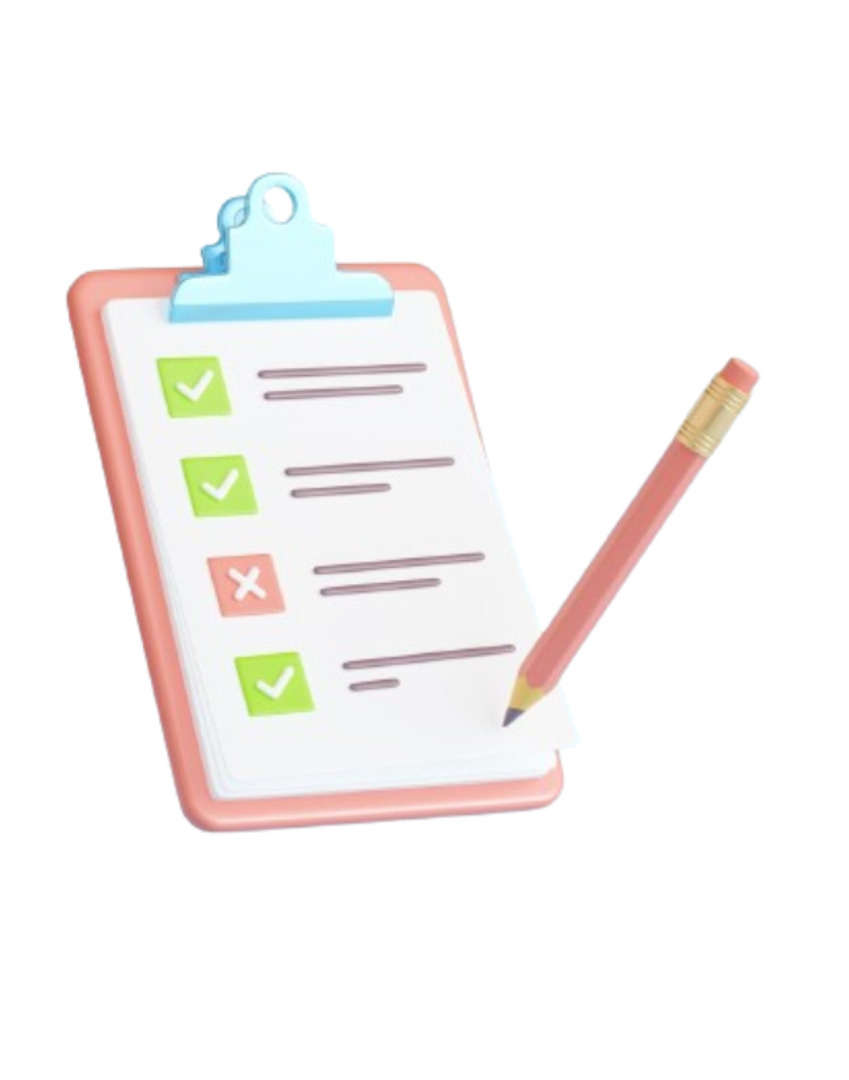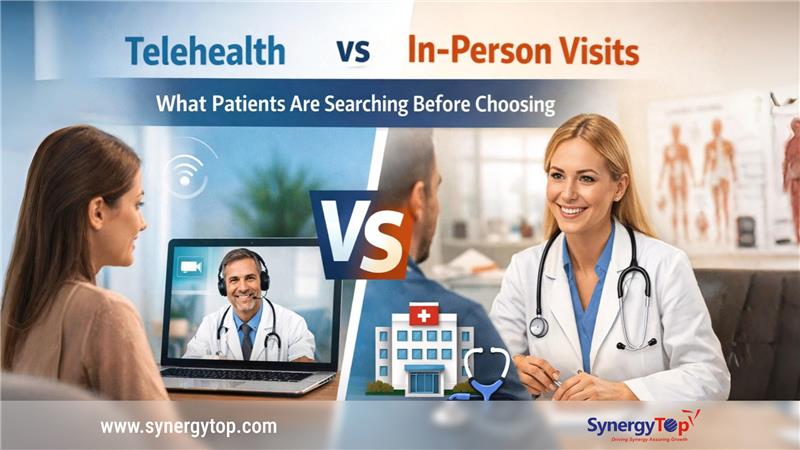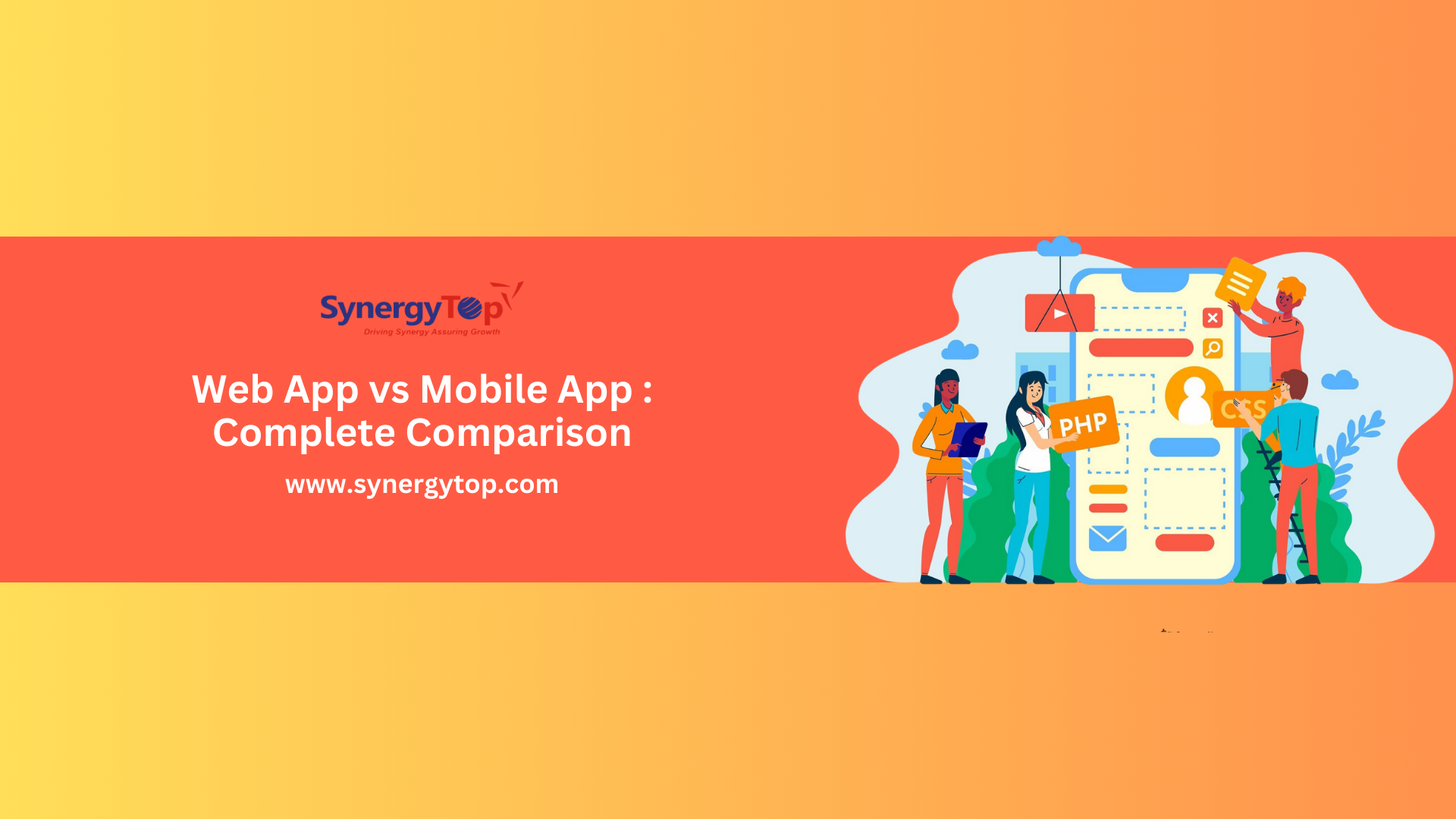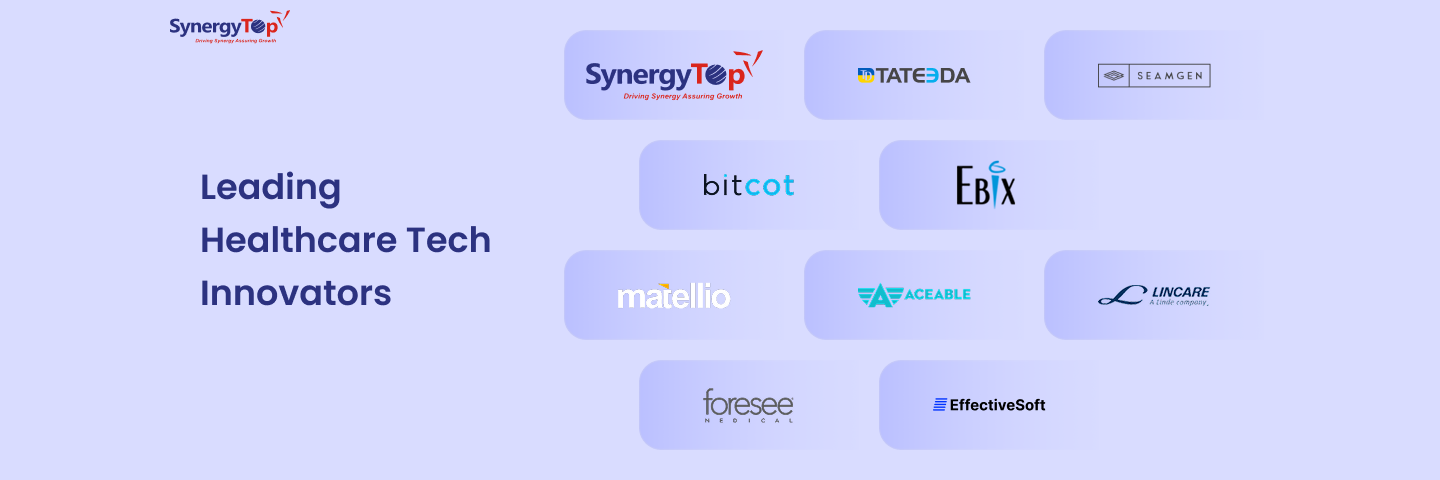Planning to work with a custom software development partner? Consider this: 3 out of 4 business and IT executives expect their software projects to fail.
We aren’t talking about small, at-home projects here. We are talking about enterprise-grade software development projects that require 6-12 months of time and thousands of dollars worth of investment.
The reason? There are many. The key factor, however, that stands out is this:
“Selecting the wrong team.”
This clearly shows how important it is to find the right custom software development partner.
But how do you find the right software development partner?
Find that out in this blog right here, where we’ll cover:
- What is a software development partner?
- Benefits of a software development partnership
- How to choose the right custom software development partner?
Read on.
What is a software development partner?
A software development partner is a company or organization that collaborates with another business to create or enhance software products.
A few decades ago, businesses used to get in-house software developers and make sure their software solutions were developed internally. However, today, that has changed.
Software development is increasingly being outsourced due to various reasons. Let’s explore how a software development partnership proves helpful.
Benefits of a software development partnership
Key benefits of outsourcing the task to a custom software development partner include:

1. Access to specialized expertise
A software development partner brings to the table a team with diverse skill sets and deep expertise in various technologies and industries.
For instance, say you want a healthcare software solution developed for your business. Of course, you have expertise and experience in your field, but what about the technical aspect of software development? A custom software development company would have expert software developers who have worked on other healthcare software solutions. This will help them understand your needs and also offer access to specialized technical expertise.
2. Cost-effectiveness
Outsourcing software development to a software development partner can significantly reduce costs compared to hiring an in-house team.
You don’t pay any overheads when you are in a software development partnership. You only pay for the outcome you will derive.
3. Faster time to market
A reliable software development partner would have established processes and workflows in place. Plus, they follow software development best practices. Both these together enable faster development and deployment of software solutions.
This allows for meeting tight deadlines and capitalizing on market opportunities.
4. Scalability and flexibility
A software development partner can offer unmatched scalability and flexibility in operations.
Want to quickly add a new feature to your software?
Want to scale your software to handle more customers at the same time?
All this can be done quickly and effectively if you have dependable software development partnerships.
Any reliable custom software development partner would be following software development best practices, which, in turn, allow agility, flexibility, and scalability.
This is mainly made possible as software development companies can quickly alter the size of their development team based on project requirements.
5. Focus on core competencies
While a software development partner designs and develops your solution following software development best practices, you and your internal team are free to focus on your core competencies.
With software development partnerships, you can delegate software development tasks to experts and focus on what you do best.
But remember: All these benefits of a software development partnership accrue only when you select the right custom software development partner.
Below we have highlighted the complete step-by-step process for selecting the right software development partner for your needs.
Finding the right software development partner: Step-by-step Process
Step 1: Define your requirements (and budget)

Before you start out on the hunt for the right custom software development partner, clearly outline your project goals, objectives, timelines, and budget.
Ask yourself questions such as:
- What specific problem or need does the software aim to address?
- What are the key features and functionalities required in the software?
- Who are the target users or audience for the software?
- Are there any technical specifications or compatibility requirements?
- What is the desired timeline for project completion and launch?
- What is the allocated budget for the software development project?
- Are there any regulatory or compliance considerations that need to be addressed?
- What are the success criteria or metrics for evaluating the effectiveness of the software?
- Are there any existing systems or data that the software needs to integrate with?
- How will ongoing maintenance and support be handled after the software is launched?
Answers to these questions will help you understand what you need to look for in a software development partner.
Important: There are different types of software development, so it is best to understand what type of software development you are looking for.
Step 2: Research and shortlist potential partners

If you Google, “software development partner” you will find hundreds, if not thousands of partners. A simpler alternative is to leverage independent listings and directories to find the top partners based on certain criteria.
For example, you can filter your search based on location, technology, and even reviews and ratings. Using such platforms you can get a shortlist of potential companies for software development partnerships.
Step 3: Filter down options
Once you have 5-7 potential partners listed down, it is time to dive deeper into their capabilities and offerings. Some of the key factors that you should consider include:
1. Technical Expertise
Ensure the partner has the necessary skills and knowledge to handle your project’s technical requirements.
Ask them about what technologies and programming languages they specialize in and whether they have worked on projects similar to yours.
2. Industry Experience
Experience in your industry or domain can provide valuable insights to a software development partner. It also ensures the software meets industry-specific needs and standards.
Check if the company can share examples of successful software development partnerships with others in your industry.
3. Portfolio and Past Projects:
Reviewing past projects helps assess the partner’s capabilities, quality of work, and relevance to your project.
You can understand whether the custom software development partner actually delivers what they promise by seeing their previous projects.
4. Client Testimonials and References
Former clients are best equipped to tell you about the potential partner’s reliability, professionalism, and expertise.
See if you can get references and then contact them for feedback.
5. Communication and Collaboration
Effective communication and collaboration are essential for project success and smooth workflow.
See what communication channels or project management tools are being used. Also, ask about how often will you be getting updates on the project.
6. Project Management Approach
A well-defined project management approach ensures clear timelines, milestones, and deliverables.
While every custom software development company would have a different approach to software project development and management, you need to understand if your chosen partner would be able to select the right approach or tailor their approach to ensure the success of your project.
7. Quality Assurance & Security Best Practices
Quality assurance processes ensure the software meets quality standards and performs reliably. Also, you need to ensure that the custom software you get developed is secure.
Of course, you want your potential to follow all software development best practices, including those for QA and security So check with them how they ensure bug-free and secure software development.
Read More: Software Development Security Best Practices
8. Scalability and Flexibility
Your software development requirements can change over time. You would want your software development partner to be able to adapt to such changing project requirements.
See if they have proper processes in place for accommodating changes in software development requirements to ensure scalability and flexibility.
Read More: Requirement Management for Custom Software Development
Step 4: Communicate your requirements with top contenders

Once you have carefully analyzed the top contenders on the aforementioned factors, you would be able to bring down the number to 2-3 potential software development partners. Now, you can schedule meetings with these partners and clearly communicate your expectations, timelines, and budget constraints.
By asking them for detailed project scoping, you can assess their understanding of your needs and whether or not they match budget and timeline needs.
Step 5: Assess communication and cultural fit

Successful software development partnerships are built on the foundation of communication and collaboration.
While considering proposals from the top few software development partners, consider the cultural fit between your organization and the potential software development partners.
Evaluate factors such as communication style, work culture, and values alignment.
Step 6: Negotiate terms and contracts

Once you’ve identified a preferred partner, negotiate terms and finalize contractual agreements.
Clarify project scope, deliverables, milestones, payment terms, and intellectual property rights.
Ensure all agreements are documented in a legally binding contract to avoid misunderstandings later on.
Step 7: Kickstart the collaboration

After the legal paperwork is sorted, kick off your software development partnership with a detailed project plan and roadmap.
Establish regular communication channels and project management tools for ongoing collaboration and progress tracking.
Remember: Monitor the project closely, provide feedback as needed, and address any issues promptly to ensure successful project delivery.
Further Reading: Finding the right software development partner is not enough. You also need to successfully collaborate with them for project success. Learn more about choosing and collaborating with the right partner here.
SynergyTop: A dependable software development partner
SynergyTop is a San Diego-based custom software development partner that you can trust for your custom software development needs.
Why SynergyTop?
Here are the key reasons why we, at SynergyTop are your key to a successful software development partnership:
- We offer a wide range of services from design to custom software development, quality analysis, long-term support and maintenance, and digital marketing.
- Founded in 2014, we have over a decade of experience under our belt and have worked on 100+ software development projects.
- We have worked with global clients from 15+ industries and niches including healthcare, retail, manufacturing, legal, eCommerce, travel and tourism, real estate, energy, and more.
- We have worked with startups, SMBs, and large enterprise clients. So no matter at what stage your business is, we can understand your needs and support you accordingly.
- We follow all software development best practices and thus deliver better-than-expected outcomes. This is the reason why we have glowing reviews from our former and current clients on platforms like Clutch.
Ready to enter into a software development partnership that’s geared up for success? Schedule a no-cost technical consultation with our software development experts today!
















